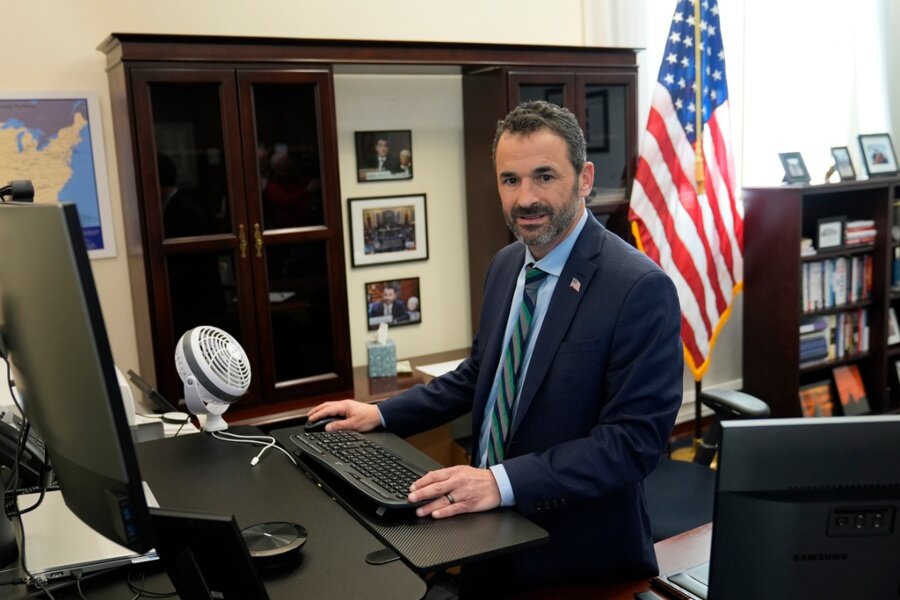The IRS, led by Commissioner Danny Werfel, plans to increase its workforce to over 100,000 employees in the coming years.
“We’re at 90,000 now. I think to get into a right-size position over the next two to three years, we need to be above 100,000, but not that much above 100,000,” Mr. Werfel told reporters on Monday.
The IRS initially obtained $80 billion through the Inflation Reduction Act (IRA) of 2022, which was subsequently trimmed down to about $60 billion. After receiving the funding, the IRS released a strategic operating plan outlining its utilization of the allocated funds.
According to Mr. Werfel, the agency will release an updated strategic operating plan next month, which will include specifics about its hiring plans.
In 2013, the IRS boasted nearly 87,000 full-time equivalent positions. However, due to consecutive years of budget cuts, the workforce dwindled to just over 73,500 by 2019. Starting in 2020, there was a turnaround as the numbers began to rise again, with the workforce reaching 79,070 by 2022.
In the past year, the tax agency forecasted a workforce of over 105,000 employees by 2025. A substantial portion of these new hires will bolster the agency’s enforcement division, with plans to onboard over 12,600 additional workers, as reported by Bloomberg.
In a report released in January by the Treasury Inspector General for Tax Administration (TIGTA), it was disclosed that the IRS aims to increase its enforcement workforce to 18,960 by the end of fiscal year 2024. This figure would represent a 40 percent surge compared to the staffing levels at the start of October 2023.
Republicans have questioned the IRS’s focus on boosting enforcement activities. During a Senate Finance Committee hearing in April last year, Sen. John Thune (R-S.D.) pointed out that “of the $80 billion provided to the IRS in the partisan IRA, more than half, or about $46 billion, is directed toward enforcement activities, while only 4 percent of the $80 billion … was earmarked for improving taxpayer services.”
While admitting that some additional enforcement may be necessary at the agency, Senator Thune noted that the heavy focus on ramping up hiring in the section seemed disproportionate.
In October, Melanie Krause, the IRS’s chief data and analytics officer, informed the Government Executive news outlet that the agency’s goal was to recruit tax professionals with expertise in complex matters. She highlighted that incorporating such employees would boost tax collection results.
“The additional staff and hiring at more senior levels is really a critical aspect of being able to expand our coverage in some of these areas, particularly the large corporate space and complex passive entities,” Ms. Krause said.
The IRS was looking at redeploying existing staff members to areas of “strategic importance.”
Share your thoughts by scrolling down to leave a comment.













